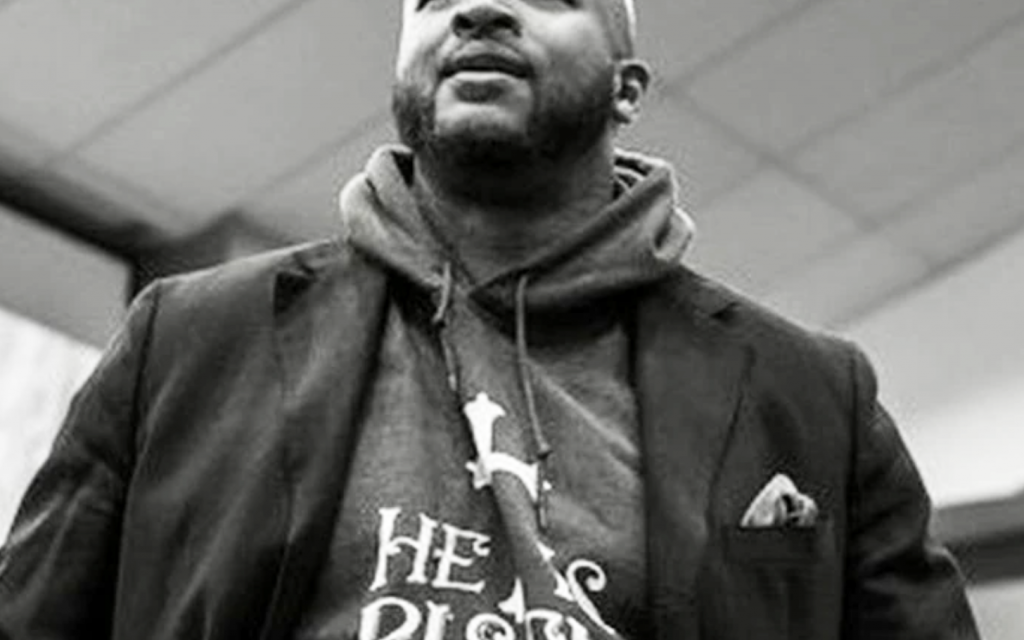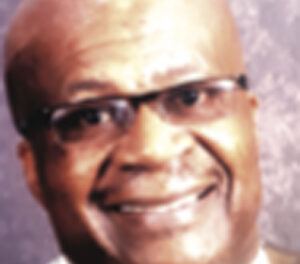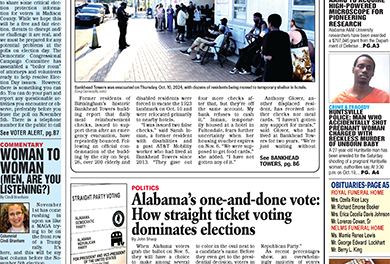This is an opinion column.
Reparations were Rev. Robert Turner’s passion long before they became a national clarion call for those who believe America owes compensation to the descendants of the thousands of Black men, women, and children who were enslaved in our nation for more than a century of systemic racial inequities.
Long before they became a lightning rod for those who vehemently disagree.
Long before Tommy Tuberville stood on a stage in Nevada and claimed Democrats support “reparation” because “they think the people that do the crime are owed that.”
The words were ignorant, insulting, and racist. And thus far, the man who is about to be the state’s senior U.S. Senator (sigh) has cowered in silence.
Turner is a Tuskegee native who attended the University of Alabama and now strives to be the leading spiritual voice in the national call for reparations.
He recently celebrated his one-year anniversary as pastor of Empowerment Temple A.M.E. Church in Baltimore.
Prior to joining Empowerment, Turner was the pastor of Vernon A.M.E. Church in Tulsa.
Vernon’s foundation was the only structure to survive the 1921 race massacre in that city. While pastoring there, Turner stood with a bullhorn on the steps of City Hall calling for the city to make reparations to the descendants of Blacks who lost their lives and businesses in the attack.
He calls Tuberville’s comments “asinine—saying we shouldn’t give criminals reparations like all Black people are criminals.”
“No,” he shared in an Instagram live this week, “the criminals were the ones who enslaved the Black people. The criminals were the ones who kidnapped the Black people. The criminals were the ones who bought and sold human beings, Black people, on auction blocks. The criminals were the ones who didn’t pay them for over 300 years. The criminals were the ones who burned down Black Wall Street.
“So, no, Sen. Tuberville, you got it wrong. The criminals have already been paid. The criminals have been the white folk who plundered and assaulted and killed innocent Black lives over 400 years in this nation. So, if you want to not pay criminals, senator, you’re a little too late for that, because the criminals have already been paid and they’re still being paid every single day in this country that awards white supremacy, that awards people getting away with murder, and never paying repair for the harm that they have done.
“So, Sen. Tuberville, if you don’t want criminals to get paid in America, you are several centuries late because the criminals have been paid. The victims have yet to receive their repair.”
Late Saturday afternoon, Turner will begin a 40-mile walk from Empowerment Temple to the White House where he’ll lay a wreath adorned with 40 black roses at the gate. The minister hopes the march—coming on the heels of Tuberville’s remarks—will shed light on H.R. 40, the House bill that would create a commission to conduct a comprehensive study of reparations. The bill was initially introduced more than three decades ago but has languished.
Supporters have long called for President Joe Biden to sign an executive order creating the commission.
“I don’t shy away from the conversation [about reparations],” Turner told me last year, “because we have perfect models for it—in how this country ultimately compensated Native Americans for how they were treated and the benefits you get for being a citizen of those nations; how this country approved under a Republican president [Ronald Reagan] reparations for Japanese Americans who were placed in internment camps; how this country supported reparations for the Confederacy after the Civil War.
“The building at the University of Alabama where I took African American History, Clark Hall, has a plaque, saying it was built with reparations provided to southerners to repair and rebuild after the war. (Named for former UA president Basil Manly Hall, where Turner also took classes, was renamed Presidents Hall in November 2020 by the Board of Trustees after a subcommittee learned Manly owned slaves was an ardent secessionist who “used his position as a religious and education leader to defend white supremacy for many years,” said Trustee John England.)
Turner had long pondered marching from Baltimore to Washington, D.C. to raise awareness about reparations but harbored trepidations. Tuberville’s rant eliminated all reservations. “I got an extra motivation,” he says. “He showed me the immense urgency for this direct moral action.”
The 40-mile march, Turner says, symbolizes the 40 acres and a mule that were promised to thousands of Black families by Union Maj. Gen. William Tecumseh Sherman during a meeting with 20 Black ministers in January 1965, just as the Civil War was coming to an end. That April, though, President Abraham Lincoln was assassinated, and the award was rescinded.
The wreath of black roses is “because we’re still in mourning,” Turner adds.
The minister said he will stop for 10 minutes every hour for rest and prayer.
“I’ve never done anything like this before my life marching this long,” he says, “But it is something I feel God wanted me to do to show this world, to show this nation how important of an issue reparations is.”










